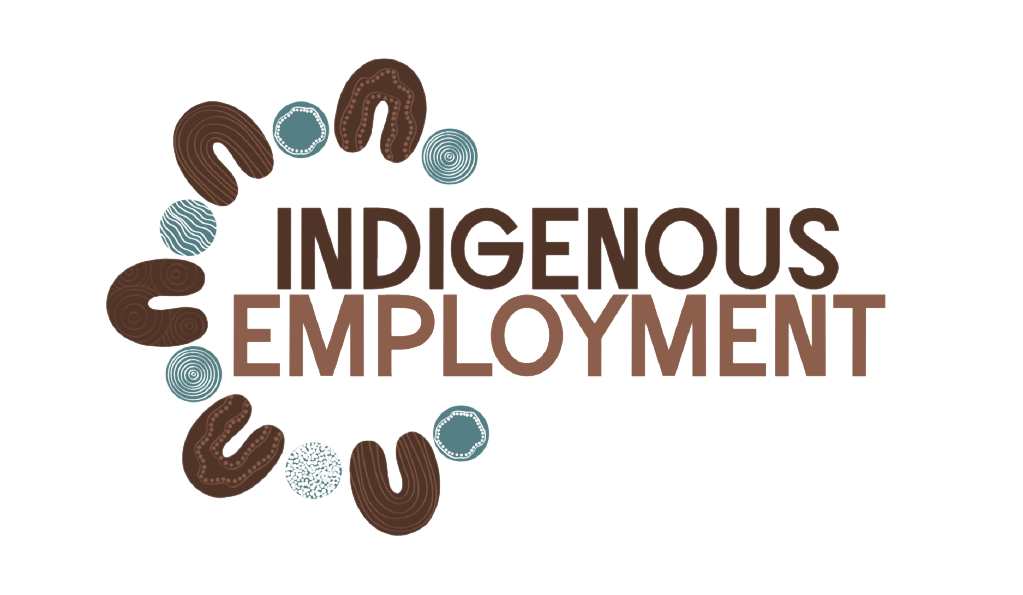
We’ve all been there—sitting in an interview, feeling confident, when suddenly, an unexpected question stops us in our tracks. Your heart races, your mind scrambles, and you search for the perfect response. It’s a daunting moment, but the good news is that with the right strategies, you can turn this challenge into an opportunity to shine.
Here are five key strategies to help you handle curveball interview questions with confidence and ease.
1. Stay Calm and Take a Pause
Your initial reaction might be panic, but the best approach is to take a deep breath and compose yourself. A short pause to collect your thoughts not only prevents a rushed response but also signals to the interviewer that you are considering the question carefully.
A great phrase to buy yourself some thinking time is: “That’s an interesting question—let me take a moment to consider my response.”
2. Ask for Clarification
If a question seems vague or complex, don’t hesitate to ask for clarification. This strategy, known as Socratic questioning, allows you to gather more information and ensures that you provide an answer that truly addresses what the interviewer is looking for. It also demonstrates critical thinking and engagement in the conversation.
3. Apply the STAR Method
One of the most effective ways to structure your response is by using the STAR method:
- Situation: Describe the context of your experience.
- Task: Explain the challenge or objective you faced.
- Action: Detail the steps you took to address the situation.
- Result: Highlight the outcome and any key learnings.
This approach ensures your response is clear, concise, and impactful, making it easier for the interviewer to follow and appreciate your problem-solving skills.
4. Connect the Question to Your Experience
Even if a question seems unrelated to your background, try to find a link to your skills, knowledge, or past experiences. This demonstrates adaptability and creativity—two qualities that employers value highly.
For example, if asked about handling a situation you haven’t encountered before, you can draw on similar experiences where you adapted quickly or learned something new on the job.
5. Be Honest and Reflective
Sometimes, you may not have a direct answer—and that’s okay. Honesty goes a long way in an interview. Rather than guessing, acknowledge that you haven’t faced that exact scenario, but share how you would approach it based on past experiences. Employers appreciate candidates who are self-aware and willing to learn.
At Indigenous Employment Australia we understand that job interviews can be nerve-wracking, especially when faced with unexpected questions. That’s why we provide career coaching and resources to help you feel prepared and confident. Whether it’s refining your interview skills, crafting strong STAR responses, or practising with mock interviews, we’re here to support you every step of the way.
Remember, mastering tough interview questions is a skill that improves with practice. Approach each challenge as an opportunity to showcase your strengths, and with these strategies in hand, you’ll be ready to tackle any curveball that comes your way!
Looking for more interview tips and career advice? Stay connected with IEA for monthly insights and career support tailored to Indigenous job seekers across Australia.
